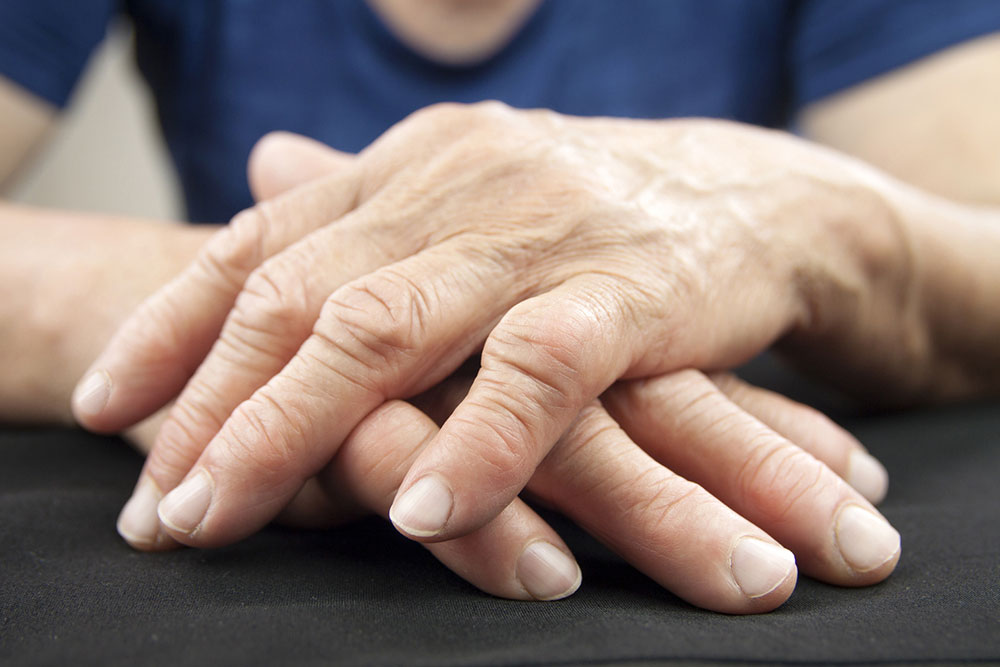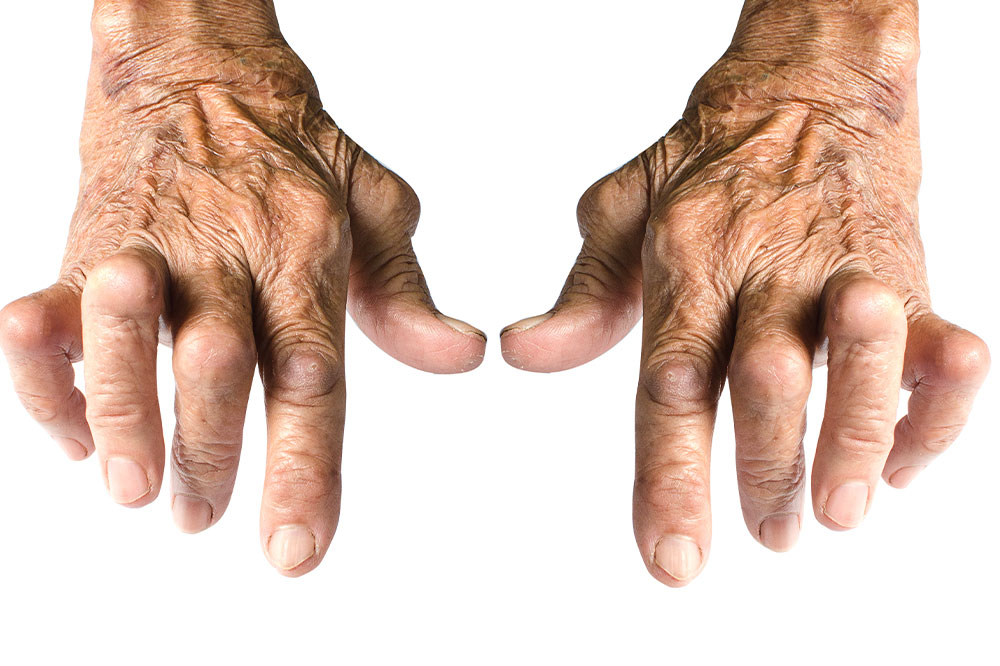Comprehensive Strategies for Effectively Managing Psoriatic Arthritis
Discover comprehensive strategies to effectively manage psoriatic arthritis. From understanding symptoms to lifestyle modifications and latest treatments, this guide empowers patients to take control of their health. Learn how medication, diet, exercise, and skin care can improve quality of life and prevent joint damage for a healthier, more active future.

Effective Approaches to Managing Psoriatic Arthritis
Psoriatic arthritis is a multifaceted autoimmune disorder that primarily affects individuals already suffering from psoriasis. It manifests through joint pain, inflammation, and swelling, significantly impacting daily activities and overall quality of life. This chronic condition requires proactive and comprehensive management strategies to control symptoms, prevent joint damage, and promote well-being. By understanding the disease better and adopting lifestyle changes, patients can effectively manage their condition and lead active, fulfilling lives.
In this detailed guide, we explore proven methods and practical tips for managing psoriatic arthritis, covering everything from medical treatments to lifestyle modifications. Whether you're newly diagnosed or seeking ways to optimize your current management plan, these strategies can help you regain control and improve your health outcomes.
Understanding Psoriatic Arthritis
Before diving into management techniques, it’s essential to understand what psoriatic arthritis entails. It is an autoimmune disease where the immune system mistakenly attacks healthy joint tissues, causing inflammation and damage. Often linked with psoriasis—a skin condition characterized by red, scaly patches—psoriatic arthritis can affect any joint in the body, including distal joints of the fingers and toes. The precise cause remains unknown, but genetics, environmental factors, and immune dysregulation play significant roles.
Common symptoms include persistent joint pain, stiffness especially in the morning, swelling, reduced range of motion, and fatigue. Skin symptoms such as psoriasis patches may flare up concurrently or independently. Recognizing these signs early and seeking medical intervention is crucial to prevent irreversible joint damage.
Medical Treatments and Pharmacological Options
Managing psoriatic arthritis often involves a combination of medication and lifestyle adjustments. Disease-modifying antirheumatic drugs (DMARDs), biologic agents, and nonsteroidal anti-inflammatory drugs (NSAIDs) are mainstays of treatment. These medications help reduce inflammation, slow joint damage, and control skin symptoms.
Biologics such as tumor necrosis factor (TNF) inhibitors have revolutionized treatment options, offering targeted therapy with significant symptom relief. Regular consultations with a rheumatologist are vital to tailor medication plans according to your specific needs and monitor for potential side effects.
Lifestyle Modifications for Symptom Control
While medication is essential, lifestyle changes play a pivotal role in managing psoriatic arthritis effectively. Here are key lifestyle strategies that can complement pharmacological treatments:
Regular Physical Activity: Engaging in gentle exercises like walking, swimming, or cycling helps maintain joint flexibility, reduce stiffness, and enhance overall mobility. Physical therapy may also be beneficial in strengthening muscles around affected joints and reducing pain.
Balanced and Anti-Inflammatory Diet: Consuming a diet rich in omega-3 fatty acids, fruits, vegetables, whole grains, and lean proteins supports immune health and reduces inflammation. Avoiding processed foods, sugar, and saturated fats can diminish flare-ups and improve joint function.
Weight Management: Maintaining a healthy weight decreases joint stress, especially on weight-bearing joints like knees and hips, thereby alleviating pain and preventing further joint deterioration.
Limit Alcohol and Quit Smoking: Both alcohol and tobacco use can exacerbate psoriatic arthritis symptoms and interfere with medications. Quitting smoking and moderating alcohol intake are crucial steps toward effective management.
Stress Reduction Techniques: Chronic stress can trigger disease flares. Practices such as yoga, meditation, deep breathing, and mindfulness can help manage stress levels and potentially decrease symptom severity.
Skin Care and Additional Supportive Measures
Pscoriatic arthritis often involves skin manifestations that require dedicated skin care routines to prevent irritation and dryness. Regular hydration, moisturizing, and using gentle skin products can soothe psoriasis patches and reduce discomfort.
Phototherapy, administered under medical supervision, can effectively treat skin symptoms and might also offer some relief for joint symptoms. Proper hygiene, including the use of mild, antibacterial laundry detergents, and wearing loose, breathable clothing made from natural fibers like cotton or linen, reduces skin irritation.
Psychological support and patient education are also vital. Connecting with support groups or counseling services can help cope with emotional stress associated with chronic illness. Building resilience and maintaining a positive outlook are integral to long-term management.
Living Well with Psoriatic Arthritis
Adapting to a new health regimen can be challenging, but with proper medical guidance and lifestyle adjustments, it is entirely possible to lead an active and satisfying life. Monitoring symptoms regularly, adhering to prescribed treatments, and making holistic lifestyle changes significantly improve disease prognosis.
Patients should also stay informed about emerging therapies and participate actively in their healthcare decisions. Regular check-ins with healthcare providers, open communication about symptoms and side effects, and staying committed to the management plan are keys to success.
Remember, psoriatic arthritis is a manageable condition, and with a comprehensive approach involving medication, lifestyle, and emotional support, you can minimize its impact on your daily life and enjoy a high quality of living.





